
Today’s Gospel is quite comforting to me as someone who struggles to live the spiritual life. I think all of us, since we are human, have moments where the spiritual life is a struggle. We have this constant battle between what we know we ought to do and what our fallen desires want us to do. Jesus has a way of teaching us what to do with these desires that calls us out, but also leads with mercy.
The reason I love the Gospel for today is that Jesus is trying to teach the disciples not to listen to the “leaven” of the Pharisees, but they mistakenly think he is talking about bread. You can almost hear the frustration in Jesus’s voice. He is trying to teach them that the religious leaders of this time are trying to raise (leaven) their own agendas and power as opposed to preaching the Good News, but the disciples are worried He is angry at them for forgetting loaves of bread.
In classic Jesus fashion He reminds them that bread is not the issue. Did they not just recently see him take five loaves and break them open to feed thousands? The problem is not running out of physical bread but rather with our hearts. We allow ourselves to give in to bad leaven. That is to say, we settle for our weakened desires and think they will fulfill us as opposed to relying on the grace of God to raise us above our worldly desires.
We know two things for sure from the Gospels. The first is that Jesus goes off by Himself to pray quite a bit. He shows us how to rise above our fallen desires by clinging to prayer. The second is that He loves food. All throughout the Gospels we see Jesus eating, cooking, and using food as an analogy for the spiritual life.
Recently I started learning how to bake sourdough and it is quite the process. The key to all of it is having the proper leaven. The question Jesus presents to us today in the Gospel is, are we relying on our fallen desires that will not raise us to new heights and will ultimately leave us unsatisfied, or are we relying on the new Bread come down from heaven that will fill us completely with His life and love?
Any good baker will tell you that bad yeast will give bad results. Let’s pray today for the grace to cling to the leaven the Lord offers us and reject the leaven of the Pharisees and the leaven of Herod. We can rise above our fallen inclinations in this life, but we need Christ to raise us up in order to accomplish this task. Just like a loaf of bread that will fall without the proper yeast, we need some help, and Jesus makes it clear that He wants to be our leaven. Let’s cling to Him.
From all of us here at Diocesan, God bless!
El Evangelio de hoy me reconforta mucho, ya que me cuesta vivir la vida espiritual. Creo que todos, como somos seres humanos, tenemos momentos en los cuales la vida espiritual es una lucha. Existe una batalla constante entre lo que sabemos que debemos hacer y lo que nuestros deseos pecaminosos nos exigen. Jesús tiene una forma de enseñarnos qué hacer con estos deseos que nos llama la atención, pero también nos guía con misericordia.
La razón por la que me encanta el Evangelio de hoy es que Jesús intenta enseñar a los discípulos a no escuchar la “levadura” de los fariseos, pero ellos creen erróneamente que se refiere al pan. Casi se puede percibir la frustración en la voz de Jesús. Intenta enseñarles que los líderes religiosos de esta época intentan promover sus propios intereses y poder (levadura) en lugar de predicar la Buena Nueva, pero a los discípulos les preocupa que esté enojado con ellos por olvidarse de los panes.
Al estilo clásico de Jesús, les recuerda que el pan no es el problema. ¿Acaso no lo vieron hace poco tomar cinco panes y partirlos para alimentar a miles de personas? El problema no es quedarse sin pan, sino con nuestro corazón. Nos dejamos llevar por la mala levadura. Es decir, nos conformamos con nuestros deseos débiles y pensamos que nos saciarán, en lugar de confiar en la gracia de Dios para que nos eleve por encima de nuestros deseos mundanos.
Sabemos dos cosas con certeza gracias a los Evangelios. La primera es que Jesús se aislaba mucho para orar. Nos muestra cómo superar nuestros deseos caídos aferrándonos a la oración. La segunda es que le encanta la comida. A lo largo de los Evangelios vemos a Jesús comiendo, cocinando y usando la comida como analogía de la vida espiritual.
Hace poco empecé a aprender a hornear masa madre y es todo un proceso. La clave está en tener la levadura apropiada. La pregunta que Jesús nos plantea hoy en el Evangelio es: ¿confiamos en nuestros deseos caídos, que no nos elevarán a nuevas alturas y que finalmente nos dejarán insatisfechos, o confiamos en el Pan nuevo bajado del cielo que nos llenará por completo de su vida y amor?
Cualquier panadero bueno te dirá que la mala levadura da malos resultados. Pedimos hoy por la gracia de aferrarnos a la levadura que el Señor nos ofrece y rechazar la levadura de los fariseos y la levadura de Herodes. Podemos superar nuestras inclinaciones caídas en esta vida, pero necesitamos que Cristo nos levante para lograrlo. Al igual que un pan que se cae sin la levadura apropiada, necesitamos ayuda, y Jesús deja claro que quiere ser nuestra levadura. Aferrémonos a Él.
De parte de todos nosotros aquí en Diocesan, ¡Dios los bendiga!

Tommy Shultz is a Business Development Representative for Diocesan. In this role he is committed to bringing the best software to dioceses and parishes while helping them evangelize on the digital continent. Tommy has worked in various diocese and parish roles since his graduation from Franciscan University with a Theology degree. He hopes to use his skills in evangelization, marketing, and communications, to serve the Church and bring the Good News to all. His favorite quote comes from St. John Paul II, who said, “A person is an entity of a sort to which the only proper and adequate way to relate is love.”
Feature Image Credit: Wesual Click, unsplash.com/photos/cereal-and-three-buns-rsWZ-P9FbQ4
The views and opinions expressed in the Inspiration Daily blog are solely those of the original authors and contributors. These views and opinions do not necessarily represent those of Diocesan, the Diocesan staff, or other contributors to this blog.
Daily Reading
Wednesday of the Second Week of Lent
Reading 1 Jeremiah 18:18-20 The people of Judah and the citizens of Jerusalem said,“Come, let us contrive a plot against Jeremiah.It will not mean the loss of instruction from the…
Saint of the Day
Saint Casimir
Saint Casimir (1458-1484) was a Polish prince known for his piety, chastity, and devotion, becoming a patron saint of Poland and Lithuania posthumously. The post Saint Casimir appeared first on




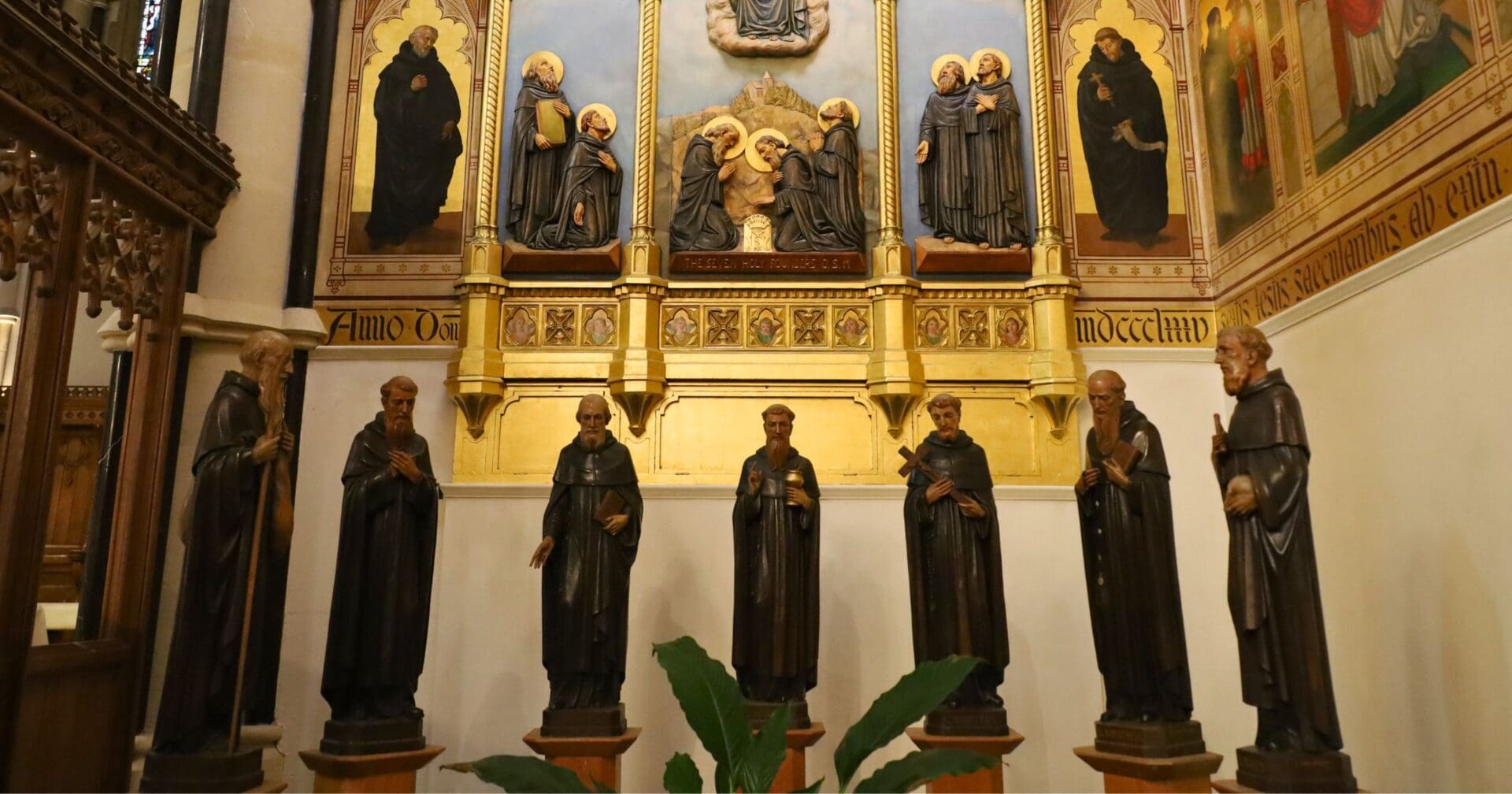
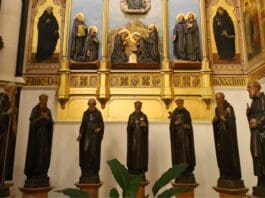


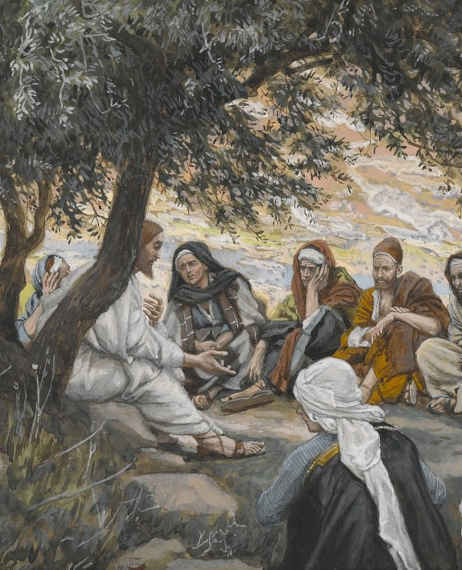
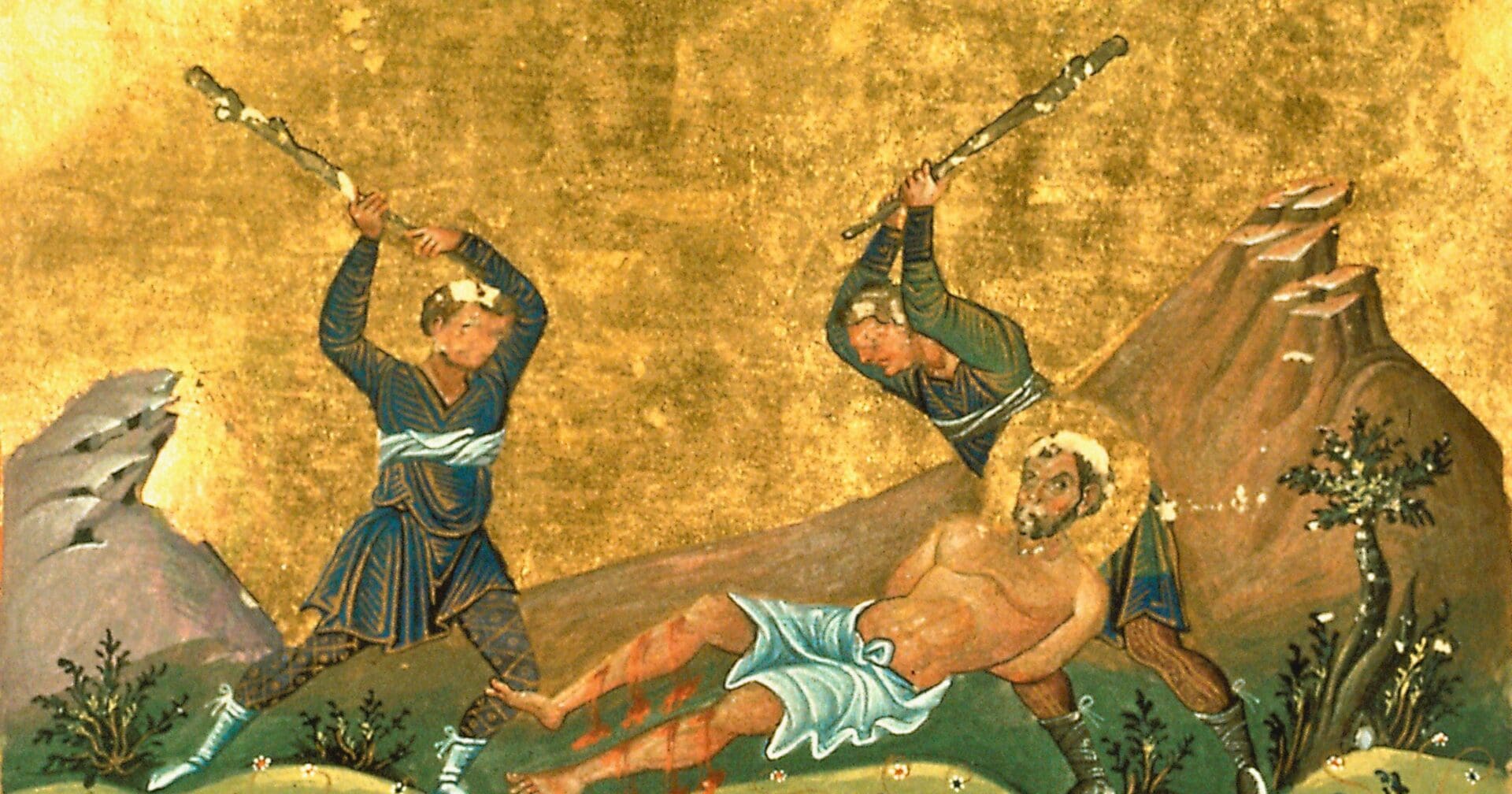
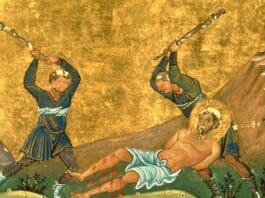
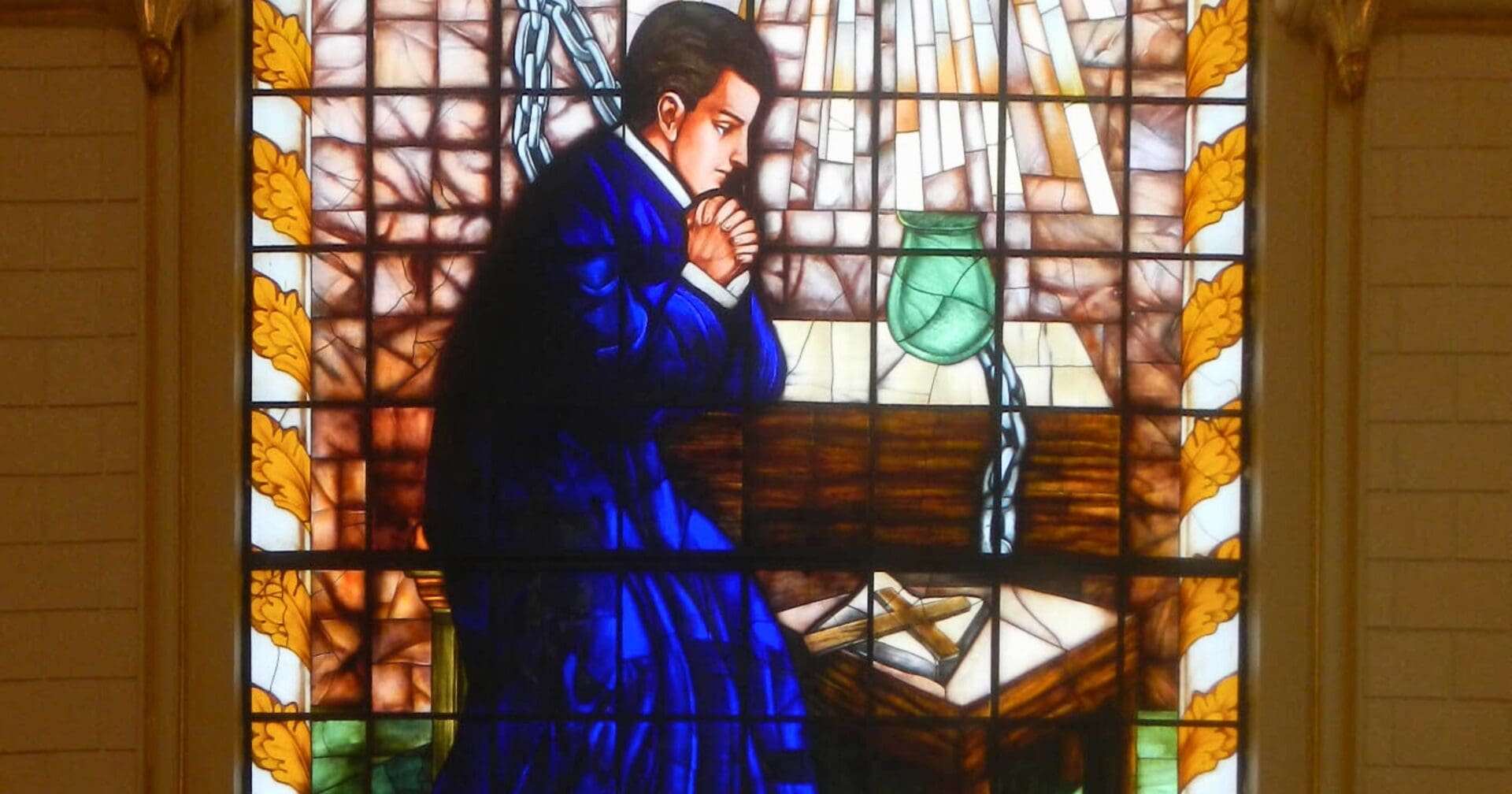
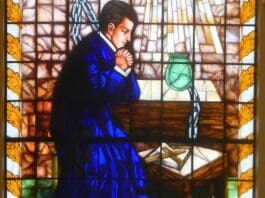
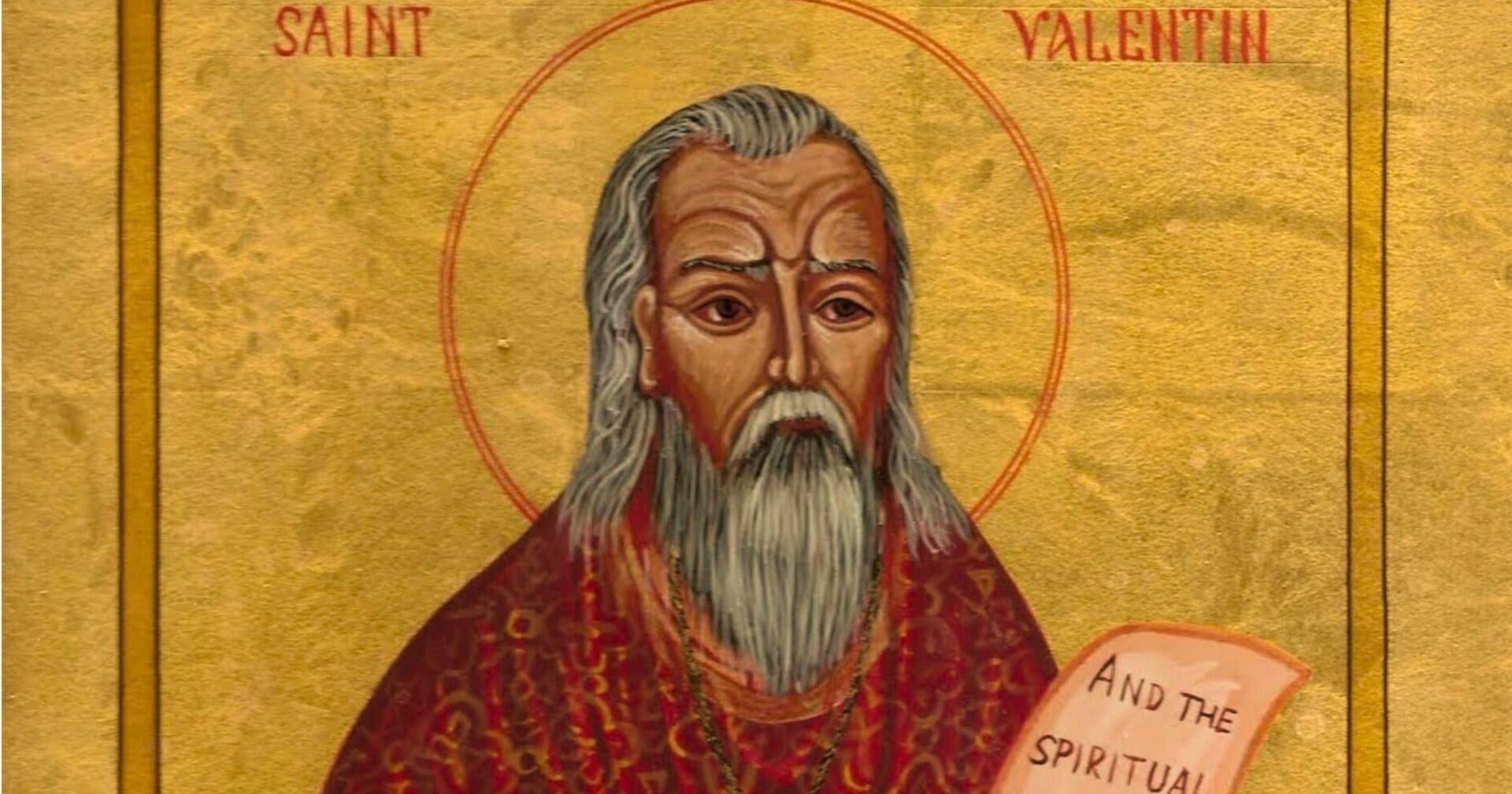
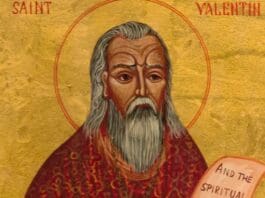
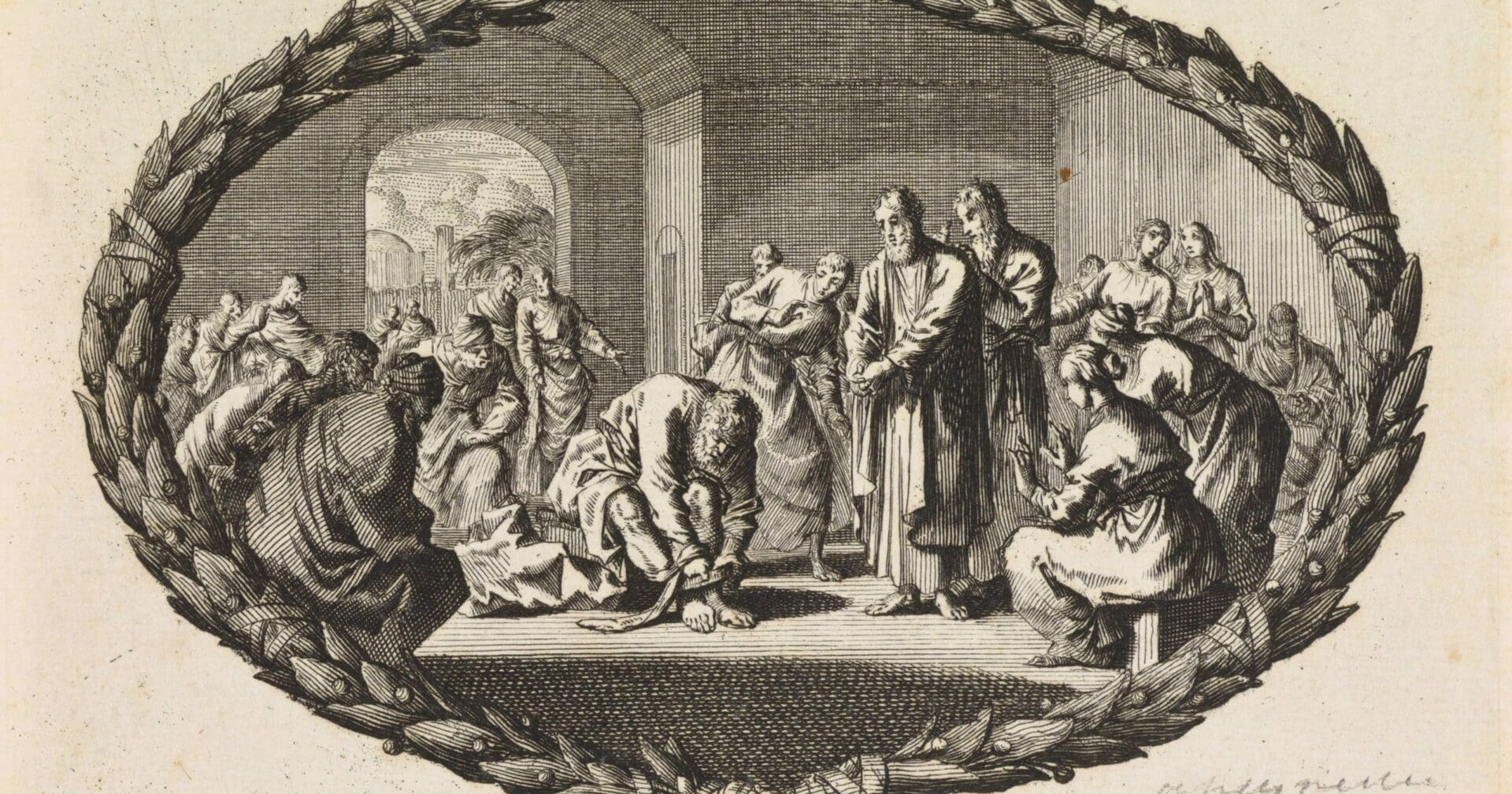
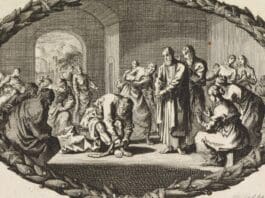

 Felix Urcia was born in Lima, Peru. He moved the U.S. to complete his college degree in Computer Science at Northern Kentucky University. He is passionate about his faith, his family, education and soccer. When he is not homeschooling and caring for his young children he enjoys personal programing projects and sports analysis. He and wife live in a small town in Western Michigan where they enjoy spending time with their five children.
Felix Urcia was born in Lima, Peru. He moved the U.S. to complete his college degree in Computer Science at Northern Kentucky University. He is passionate about his faith, his family, education and soccer. When he is not homeschooling and caring for his young children he enjoys personal programing projects and sports analysis. He and wife live in a small town in Western Michigan where they enjoy spending time with their five children.
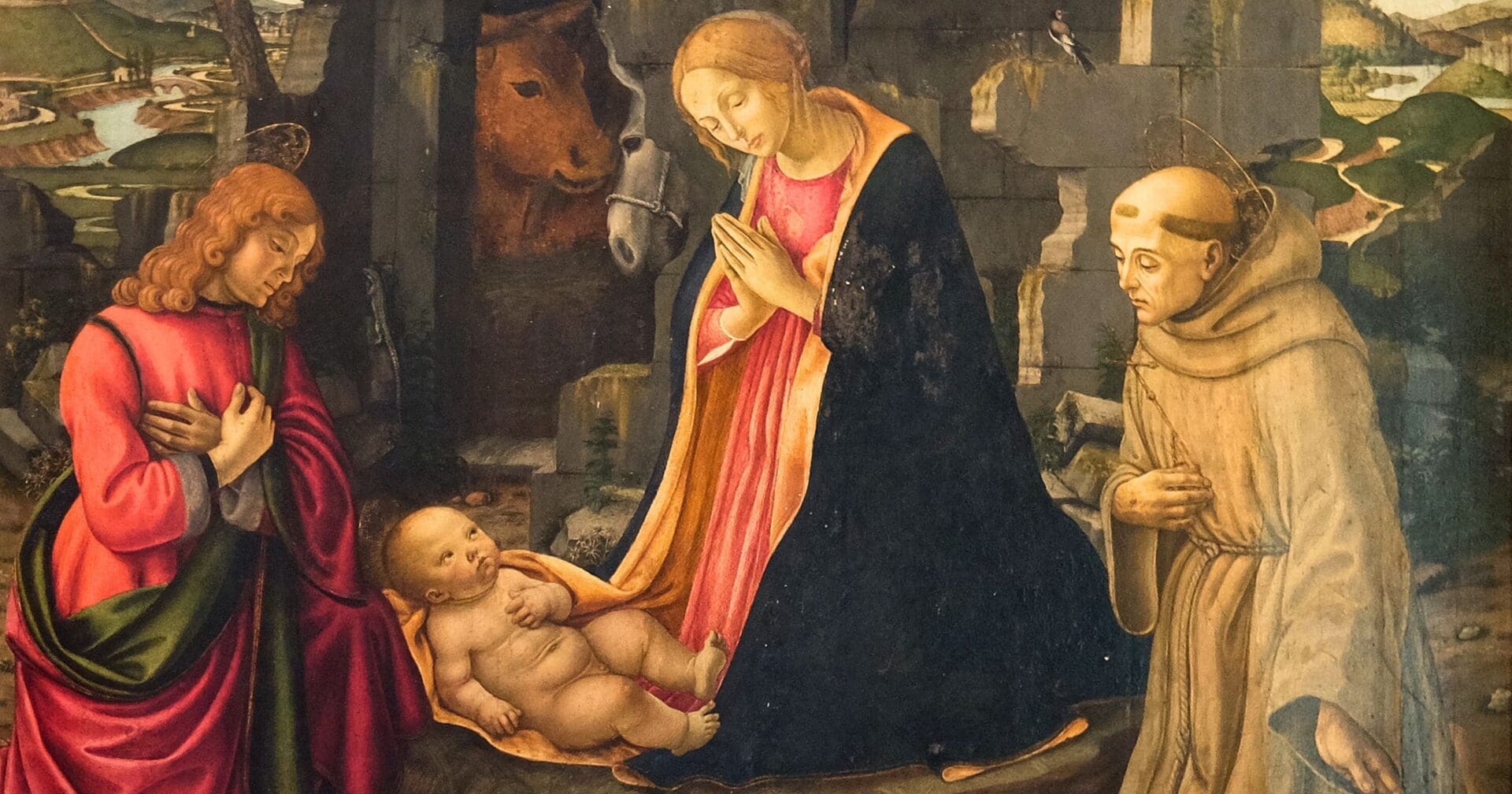
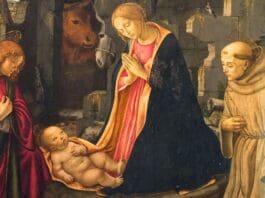

 Lily is a Michigan native and cradle Catholic who has spent most of her life exploring her own reasons to embrace her faith fully. She attended Franciscan University of Steubenville, where she discovered the beauty of her personal relationship with Christ and the Church. After college, she worked in Montessori Education for three years and recently transitioned to nannying. She was recently married and spends most of her time reading, and enjoying her dog and family!
Lily is a Michigan native and cradle Catholic who has spent most of her life exploring her own reasons to embrace her faith fully. She attended Franciscan University of Steubenville, where she discovered the beauty of her personal relationship with Christ and the Church. After college, she worked in Montessori Education for three years and recently transitioned to nannying. She was recently married and spends most of her time reading, and enjoying her dog and family!